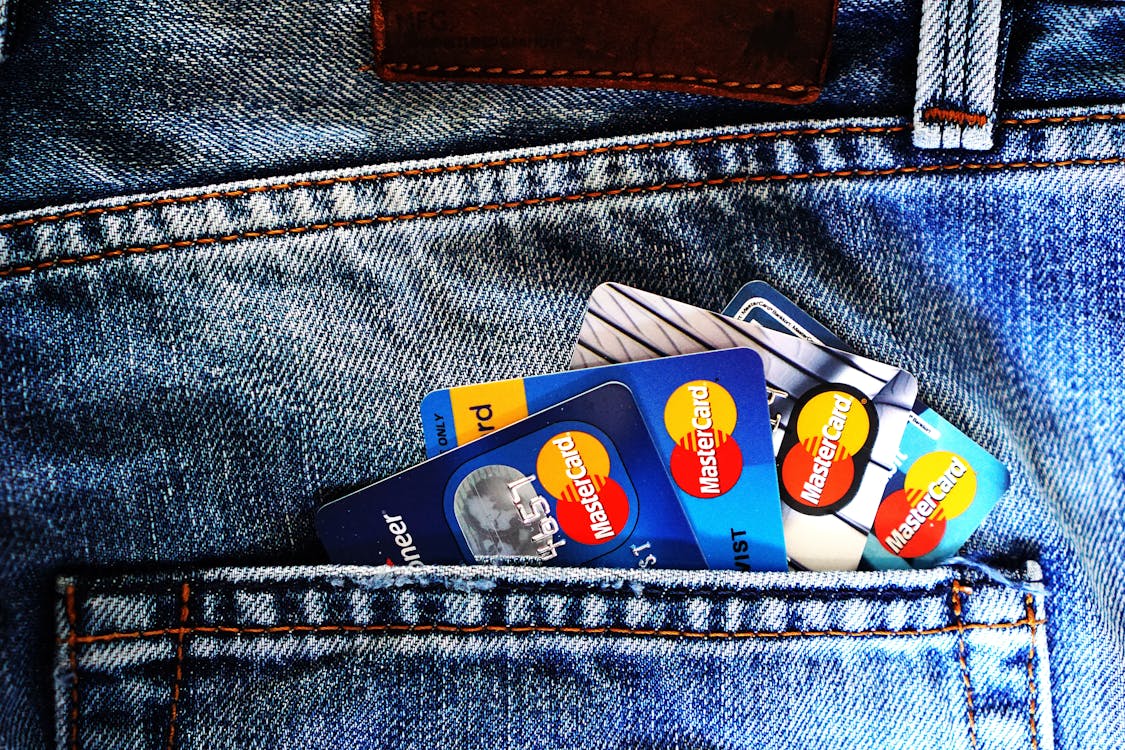
I'm a big fan of credit cards, they're my go-to way to pay. When used correctly, you can reap rewards at no cost at all.
Credit card companies are smart though, they're not in the business of free lunches. They know how to make money and lots of it. They make billions every year.
Interest is the big money maker, accounting for 40% of earnings. Interest is applied whenever someone carries a balance.
When your payment comes due, you have two options. You can either pay off your balance in full or pay the minimum.
The minimum payment is enticing because it can be much smaller. It's a trap! Don't fall for it. Smart credit card users never just pay the minimum. They pay the balance in full so interest is never owed.
How the Minimum Payment is Calculated
The minimum payment is typically the greater of:- 1% of your balance
- or a set minimum amount, such as $10
If your balance is lower than the set minimum, then your minimum payment would simply be the balance itself.
Let's demonstrate how minimum payments work (and its dangers) with an example.
Matt's Minimum Payment Mayhem
It's the holiday season and Matt's been busy swiping all over town.
At the end of the month, he racks up a credit card bill of $2,000. Based on the terms above, his minimum payment would be:
The greater of:
- 1% of $2000 = $20
- $10
So his minimum balance would be $20.
Paying $20 sure seems better than coughing up the full $2,000, but don't fall for it. If you only pay the minimum, it'll end up costing you a lot more in the long run.
Matt's credit card charges 19.8% interest, really high but pretty standard for credit cards.
If Matt only paid the minimum 1% a month, it would take 601 payments for him to pay off his bill. That's over 50 years!
The total interest paid over that time would add up to a whopping $244,199.90! Keep in mind, that's just interest. It doesn't even include the initial bill of $2,000, which now seems trivial.
Yup....for a $2000 bill, Matt could end up paying a quarter of a million dollars over 50 years. Even more if he gets hit with fees along the way. This is a scary example of how compound interest can work against you. Letting interest snowball is how people get into debilitating debt.
Check out the math yourself with this calculator.

Comments
Post a Comment